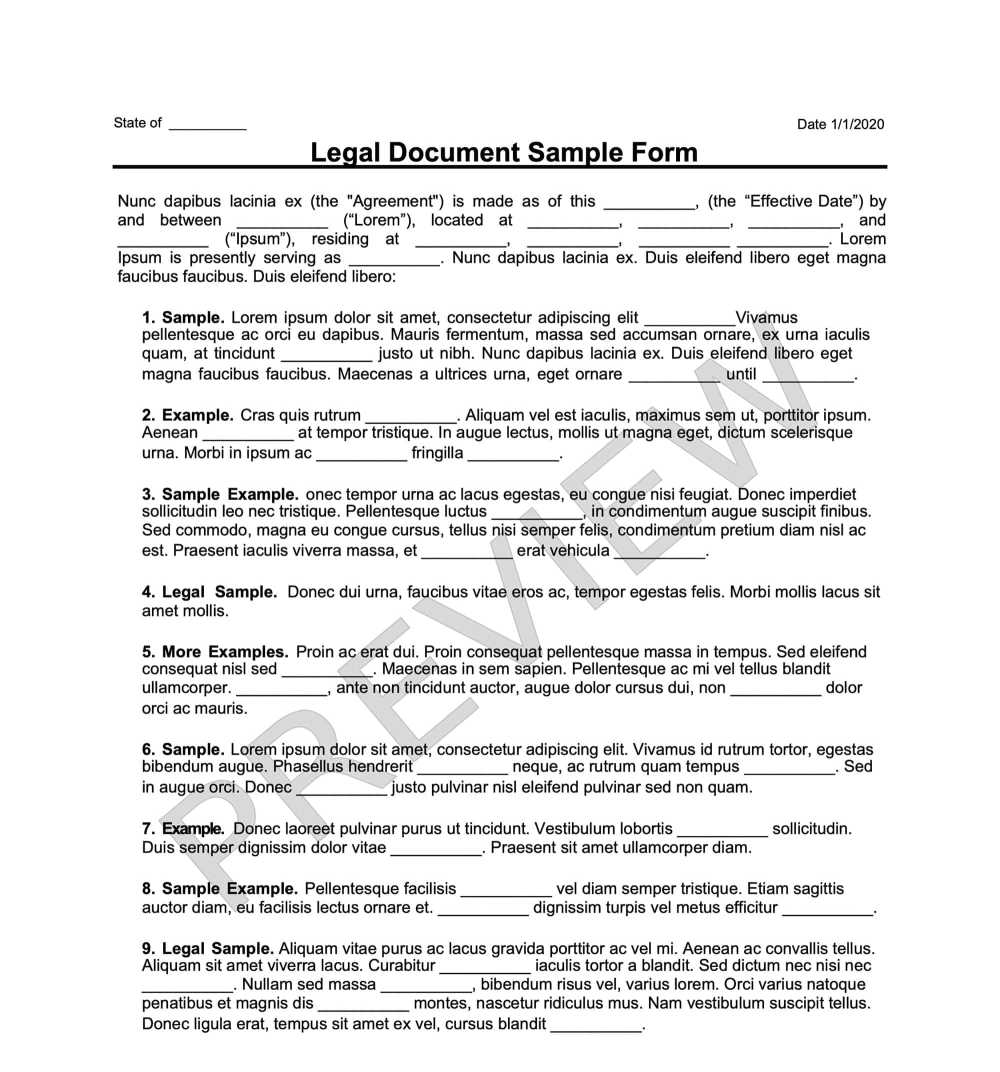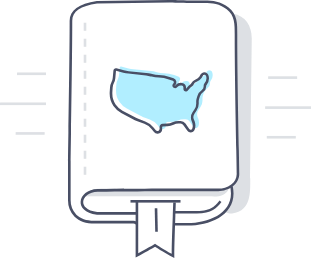Bill of Sale
A Bill of Sale is used to document the transfer of an item’s ownership and eliminate any doubt about its lawful sale.


Frequently Asked Questions
It depends on the state laws governing the sale. Some states require that the sale is documented through a Bill of Sale. However, having a Bill of Sale is a good idea regardless of state law since it prevents future disputes.
A few jurisdictions don’t require the buyer to sign a Bill of Sale. However, it is highly recommended that a Bill of Sale is signed by both the buyer and the seller if you want to legally enforce it in the future.
No. A Bill of Sale is not a contract nor does it engender any kind of contractual obligation. It only acts as a proof of purchase for an item. A sales agreement, on the other hand, creates an obligation between two parties to conform to the details of a transaction.
When a buyer doesn’t fully pay for an item, but a seller still agrees to sell the item in exchange for deferred payments, the seller will draft a promissory note along with the Bill of Sale to ensure the buyer will pay in accordance with the seller’s terms.
Whether you use a Bill of Sale or not, any sale ostensibly generates a tax burden unless it involves items that are specifically excluded from being taxed. There are other taxes that may apply but as far as sales tax is concerned, private sales are not subject to sales tax as only merchants are authorized to collect it with a sales tax ID number. Exceptions are sales that require title transfers like vehicles, for which sales tax will be collected by either your home state or the state where the sale originated, depending on state law.
Yes. When doing so, the Bill of Sale should include a section that certifies the buyer is not restricted or forbidden by law to own a firearm and several provisions relating to the seller’s ability to possess, ship, and transport a firearm, their lack of prior convictions of a crime punishable by imprisonment, etc.




